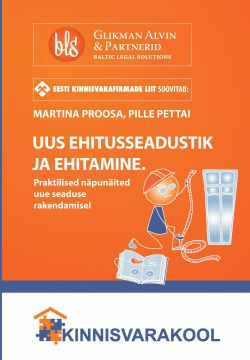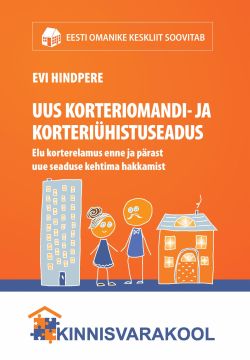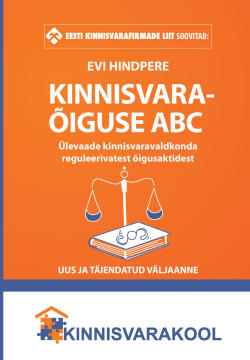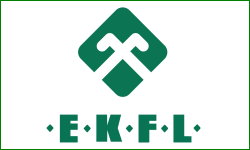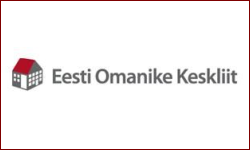
- Average monthly gross wage increased by 6.0%, net wage in real terms by 8.0% in 2015
- We expect average gross wage and real net wage to grow by around 5% in 2016
Average monthly gross wage amounted to 1,065 euros in 2015, +6.0% compared with 2014. Smaller labour taxes and deflation resulted in a remarkable surge in households’ purchasing power last year: net wages were up by 8.0% in real terms.

As labour market has tightened, workers’ bargaining power has increased and growing labour costs are biting into enterprises’ profitability. During the first nine months of 2015, enterprises’ sales decreased by 2.6%, total costs by 2.1% and total profits by 9.0%, year on year. At the same time, labour costs increased by 7.0% (average number of employees grew by 2.8%).
Wages increased in almost all sectors, except in construction. Wage growth was the fastest in sectors where average wage level is the lowest, e.g., real estate activities, accommodation and food services, entertainment, and education. The rapid growth of wages in these sectors was supported by a lack of suitable labour, a substantial increase in the minimum wage, a political agreement to raise the wages of teachers, and strong domestic consumption that lifts the sales of enterprises selling their products and services in the domestic market. Average wage in construction decreased because of smaller construction volumes but also due to the registration of previously unofficially employed workers who still receive part of their pay in an envelope.
Nominal wage growth will slow a bit in 2016, according to our forecast. The lack of suitable labour remains a concern, even when unemployment will increase a bit. Wage agreements in the public sector as well as an agreed 10% increase in the minimum wage will lift the average wage level. The growth of wages in real terms will slow in 2016 compared with 2015 as nominal growth of gross wages will be smaller, prices will start to grow and labour taxes will be lowered less than in 2015.




